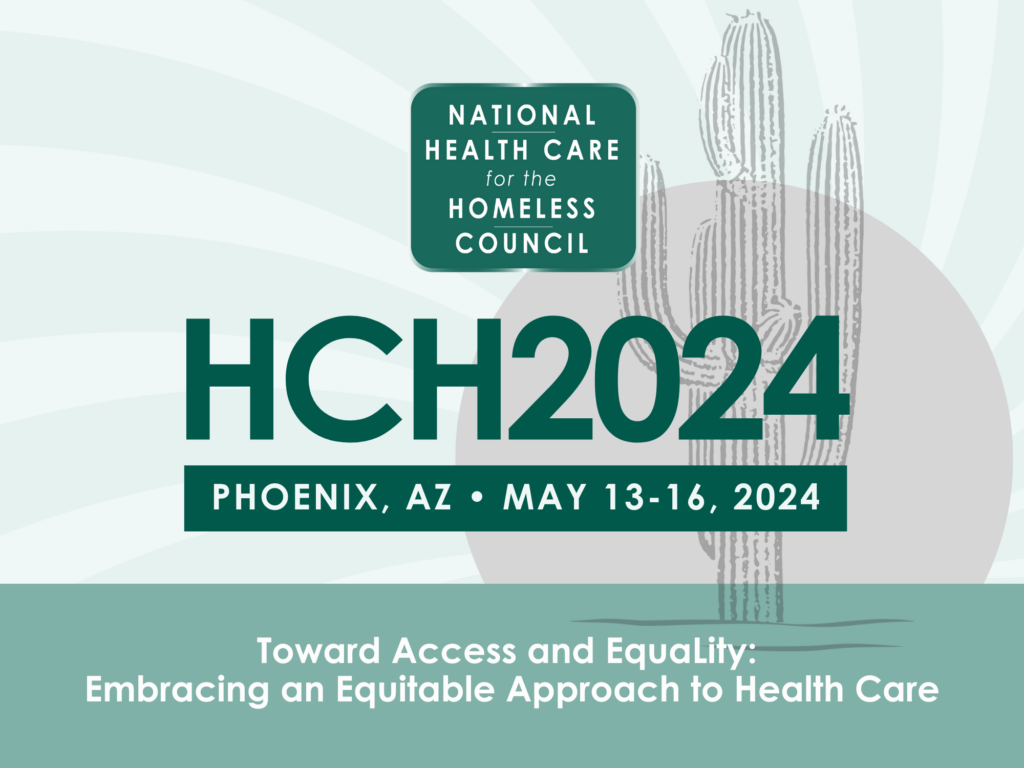A trauma-informed and multi-disciplinary approach in offering outpatient post-sexual assault care
An increase in homeless patients reporting sexual assaults to clinical and non-clinical members throughout the organization led to the creation of a post-sexual assault treatment protocol to provide trauma-informed care that is initiated at time of disclosure. Post-sexual assault care is often retraumatizing which prevents patients from reporting these assaults to care teams. This protocol […]

